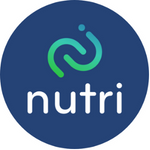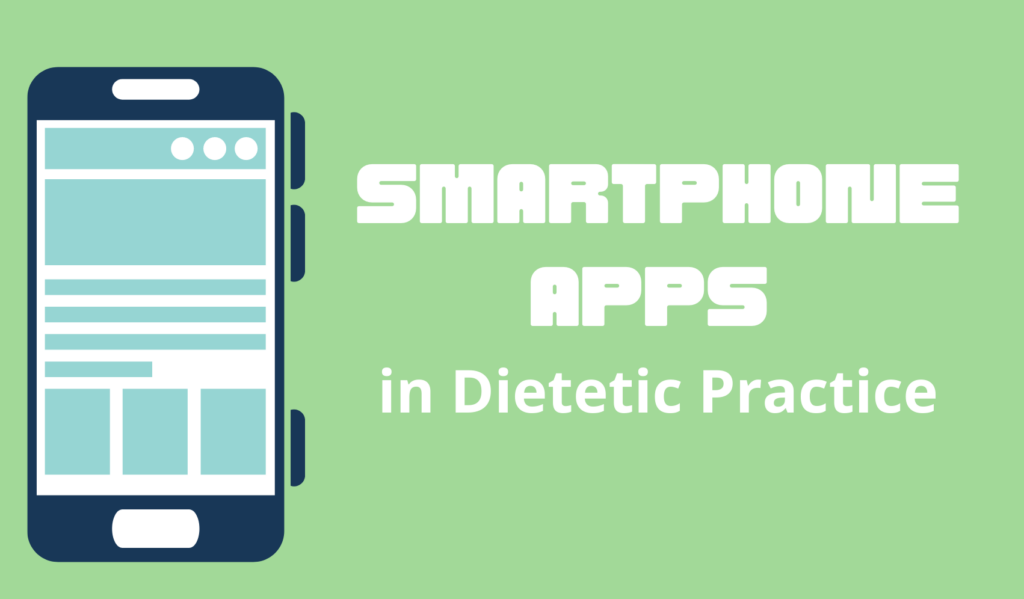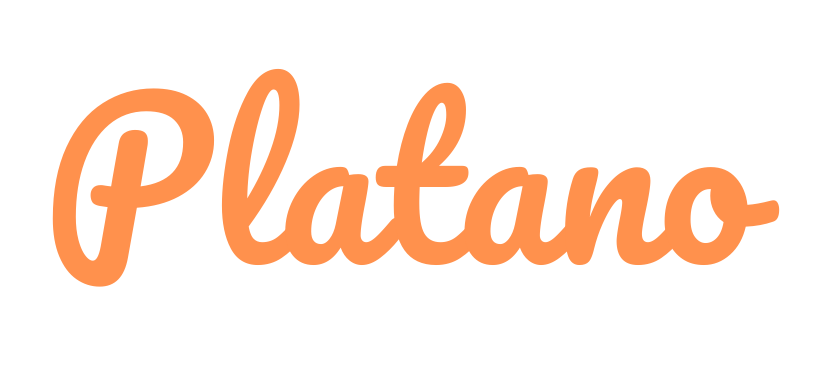Current Studies

| SuperClinic Study | The SUPERClinic Study aims to identify factors that impact maternal health and diet by surveying expecting mothers. The research we conduct will be used to develop better pregnancy and postpartum support systems for mothers and guide future researchers in developing interventions to improve maternal diet and health.

| SuperBeef Study | In the SUPER Beef project, we are conducting a crossover controlled feeding trial with lactating women to better understand the relationship between food consumption, breastmilk profile, and maternal-child outcomes. The study will involve two diet conditions prepared by our team, one featuring beef and one featuring plant-based beef (such as Impossible Beef). Participants will collect breastmilk samples and wear continuous glucose monitors while maintaining records of their food intake, satiety, mood, and stress. This study aims to provide valuable insights into the impact of diet on breastmilk and maternal-child health outcomes.
Previous Studies

| Nutri Trial | Nutri is a clinical decision support tool that aids primary care providers with data-driven guidance for personalized, evidence-based, collaborative diet goal setting. Our goal is that Nutri helps patients leave their primary care encounter with the behavioral intention and goal self-efficacy necessary to achieve their diet goal. We are currently piloting Nutri with our partner Lonestar Circle of Care, a federally qualified healthcare center network in Central Texas. To read more click here. Funded by: Agency for Healthcare Research and Quality.

| Nutri Usability Testing | After completing our user-centered design of Nutri, we assessed usability with primary care providers in an appointment simulation with a patient actor. Prior to each simulation, providers viewed a Nutri Training Video and a demonstration facilitated by a member of our research tea. Results indicated that providers found Nutri to be both usable and valuable for supporting diet counseling. To read more about the results of this study, click here. Funded by: Agency for Healthcare Research and Quality.

| Nutri User-Centered Design | Because of the strong link between diet and chronic disease, dietary behavior change interventions are vital for chronic disease prevention and management. Unfortunately, such interventions are rare in primary care settings due to providers’ lack of time and training in diet counseling. Our team aimed to address this issue through the user-centered design of Nutri, where we interviewed patients and providers to see what they wanted in an application to promote collaborative diet goal-setting in primary care. To read about the results of this study, click here. Funded by: Agency for Healthcare Research and Quality

| Smartphone Apps in Dietetics Practice | This study uses qualitative methods to better understand how dietitians in outpatient practice decide whether and when to use smartphone apps with their clients. By interviewing individual dietitians, we can investigate how dietitians utilize their clinical judgment to assess not just which clients may be appropriate for a specific app or app feature, but also how to utilize apps effectively to increase client success. This research will add to our understanding of not just the benefits and barriers of using apps, but how the unique characteristics of both the app and the user may influence the success of clients in making health behavior changes and improving their nutritional status. Additionally, this research will provide a glimpse into how the use of smartphone apps influences how dietitians currently practice and interact with their clients.

| Platano ATX | The Platano ATX project tests how the Platano App works in federally qualified health centers in Austin, Texas. Patients work with their healthcare provider to set a goal in the app. Funded by: New York Academy of Sciences. In coordination with Platano, a text message is sent 60 minutes prior to reported typical mealtime. This message is randomly assigned to be a generic reminder to log a meal or a reminder specific to their nutrition goal. This sub-project is called “Optimizing Messages for Personalized Chronic Disease Management” and tests the effect of tailored reminder messages compared to generic reminder messages as a means for personalized chronic disease management. Funded by: UT’s Center for Health Communication for Health Empathy and Resilience (CHER) grant program.

| Platano | Platano is a self-management app for people with Type 2 diabetes. During her post-doctoral work at Colombia University, Dr. Burgermaster worked alongside Dr. Lena Mamykina and her team to develop Platano for community members in Washington Heights, NYC. Funded by: Robert Wood Johnson Foundation